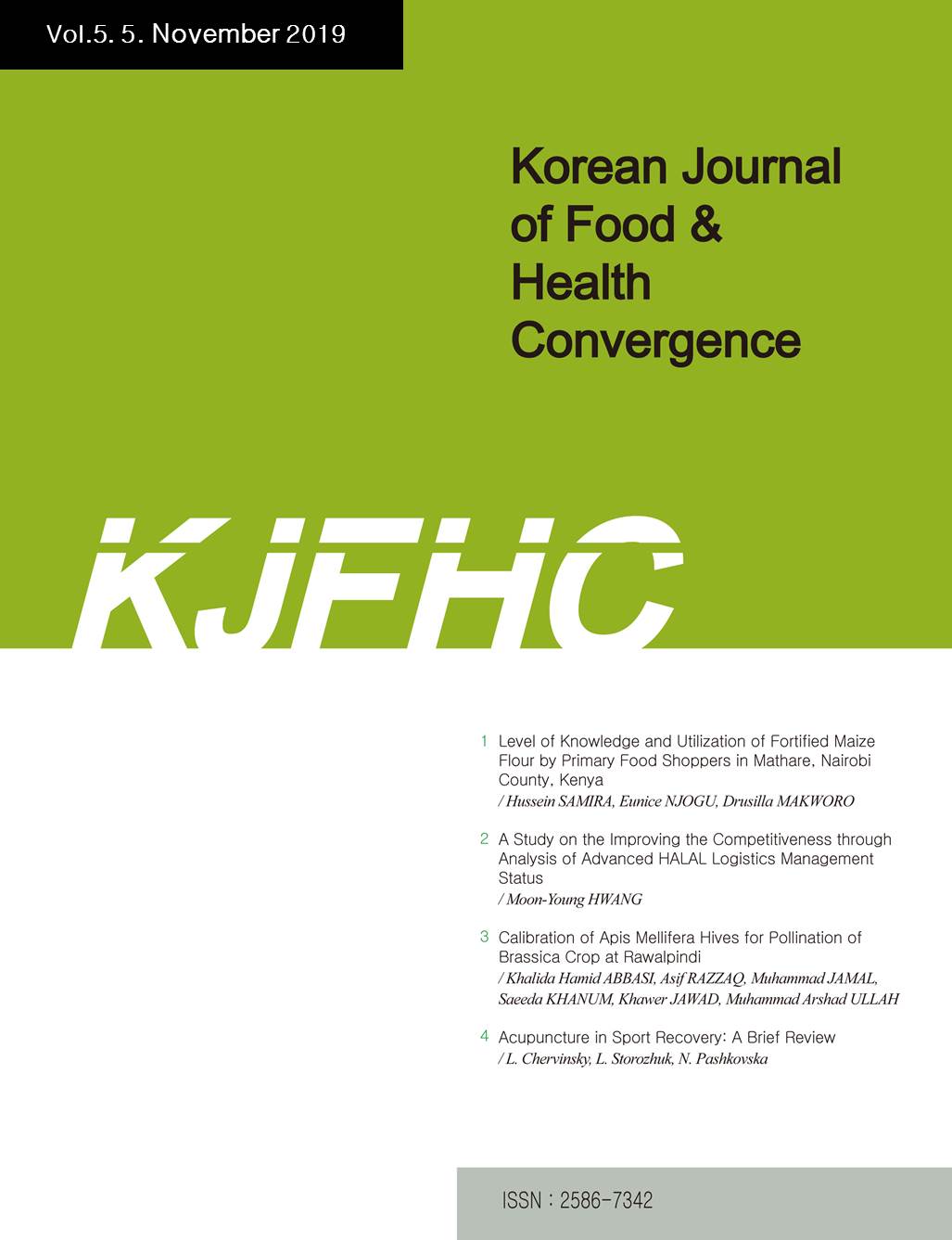 E-ISSN : 2586-7342
E-ISSN : 2586-7342
IKPEAMA, Osita John
OKAFOR, Jane Nkechinyere
OKAFOR, Rita Ifeyinwa
Abstract
Paralytic ileus is a metabolic state in which the intestines fail to transmit peristalsis due to failure of the neuromuscular mechanism in the small intestines and colon. It is a major cause of morbidity in hospitalized patients especially during late presentations and points of mismanagement. The causes include infections, electrolyte imbalance (hypokalemia, hyponatremia), surgeries and medications. When the exact cause of the disease condition is identified and corrected, paralytic ileus is usually resolved. This case report is that of a 16 year old female who was admitted and managed as a case of paralytic ileus. The patient presented with symptoms of fever, abdominal pain, abdominal distension, vomiting and inability to pass stool or flatus. There was associated body weakness, reduced urine output and weight loss. She was properly examined clinically and sent for various investigations. Investigations such plain abdominal X-Ray, serum electrolyte estimation, chest X-Ray and full blood count were carried out. The results of the investigations done were in keeping with the diagnosis of paralytic ileus, electrolyte imbalance and ongoing sepsis. She was subsequently managed through nil per oral, adequate fluid rehydration, antibiotics and correction of electrolyte imbalance. Following stable clinical state and investigation results, she was discharged and advised on follow-up.
- keywords
- Paralytic ileus, Hypokalemia, Potassium, Intestinal Obstruction, Electrolyte Imbalance
- Downloaded
- Viewed
- 0KCI Citations
- 0WOS Citations
